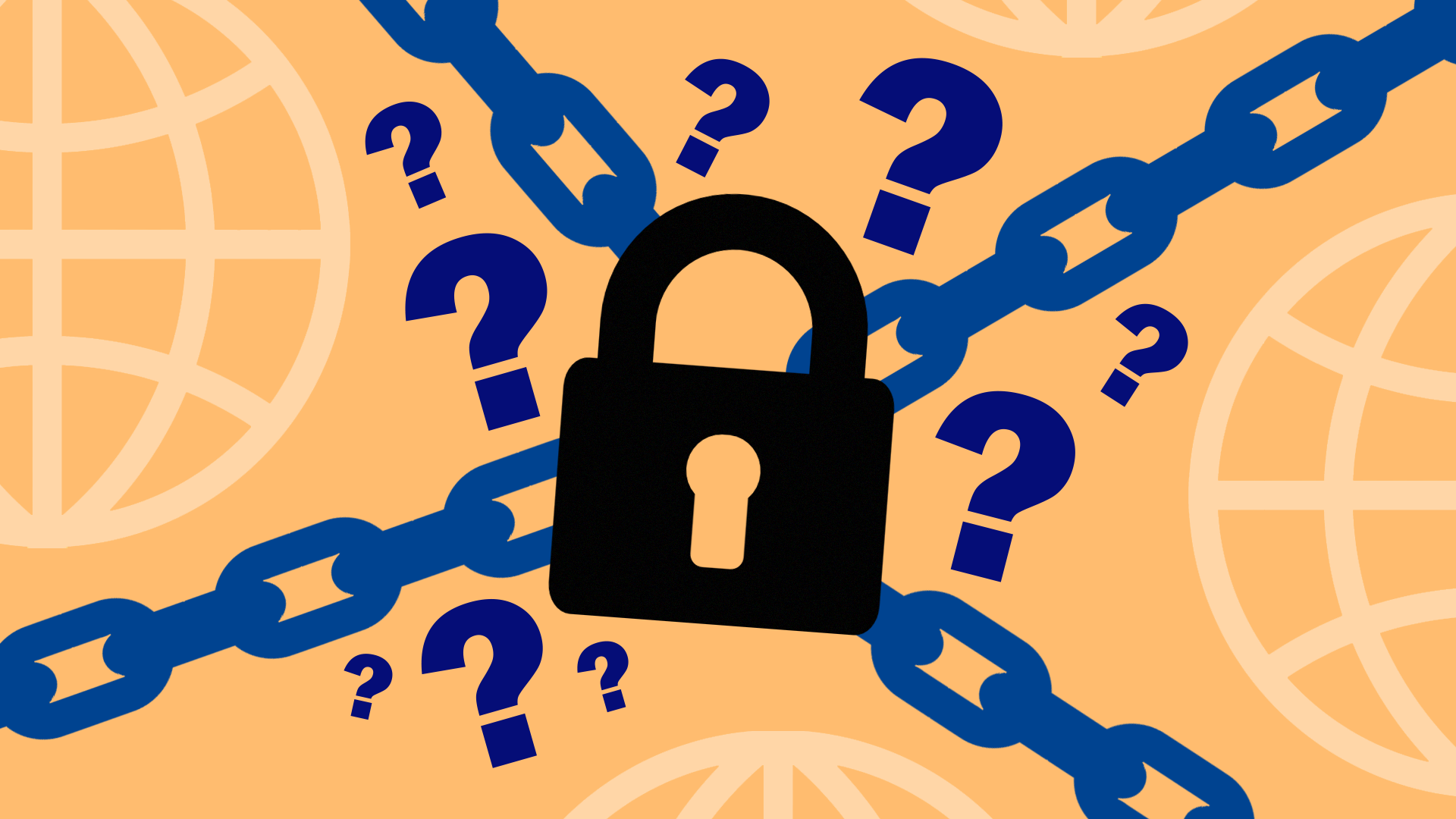The UK is once again attempting to pass age verification checks for porn viewers. The bill asks all upload-based websites to act with a ‘duty of care’ and remove harmful or illegal content. It may sound like a good idea in theory, but the parameters are also worryingly vague.
Pornography could be seeing a major overhaul in the UK soon.
The Online Safety Bill, first introduced in 2021, would require social networks and websites that allow user generated content to enact a ‘duty of care’. This means that all sites in the UK would have a responsibility to remove harmful or illegal content on a consistent and regular basis.
In addition, adult websites would be barred behind age-restriction identification policies. Users may have to prove they’re over 18 by using a credit card or a third party service.
Any websites that fail to comply with this policy could be blocked from UK access or face a hefty fine. It’s expected to be introduced to parliament at some point in the coming months.
On the surface, this seems like a sensible idea, right? Pornography websites would no longer be available to anyone and everyone on a whim, there would be better regulation of lude content, and more barriers in place to ensure that internet surfing is safer – at least in theory.
The problems lie in the vague terminology used throughout much of the legal jargon that surrounds this proposal. Digital rights activists are concerned that it could erode free speech online significantly, and create an ideal environment for state-level censorship to thrive across all of the internet.
So, is this new bill actually a good idea? Let’s take a closer look.




















